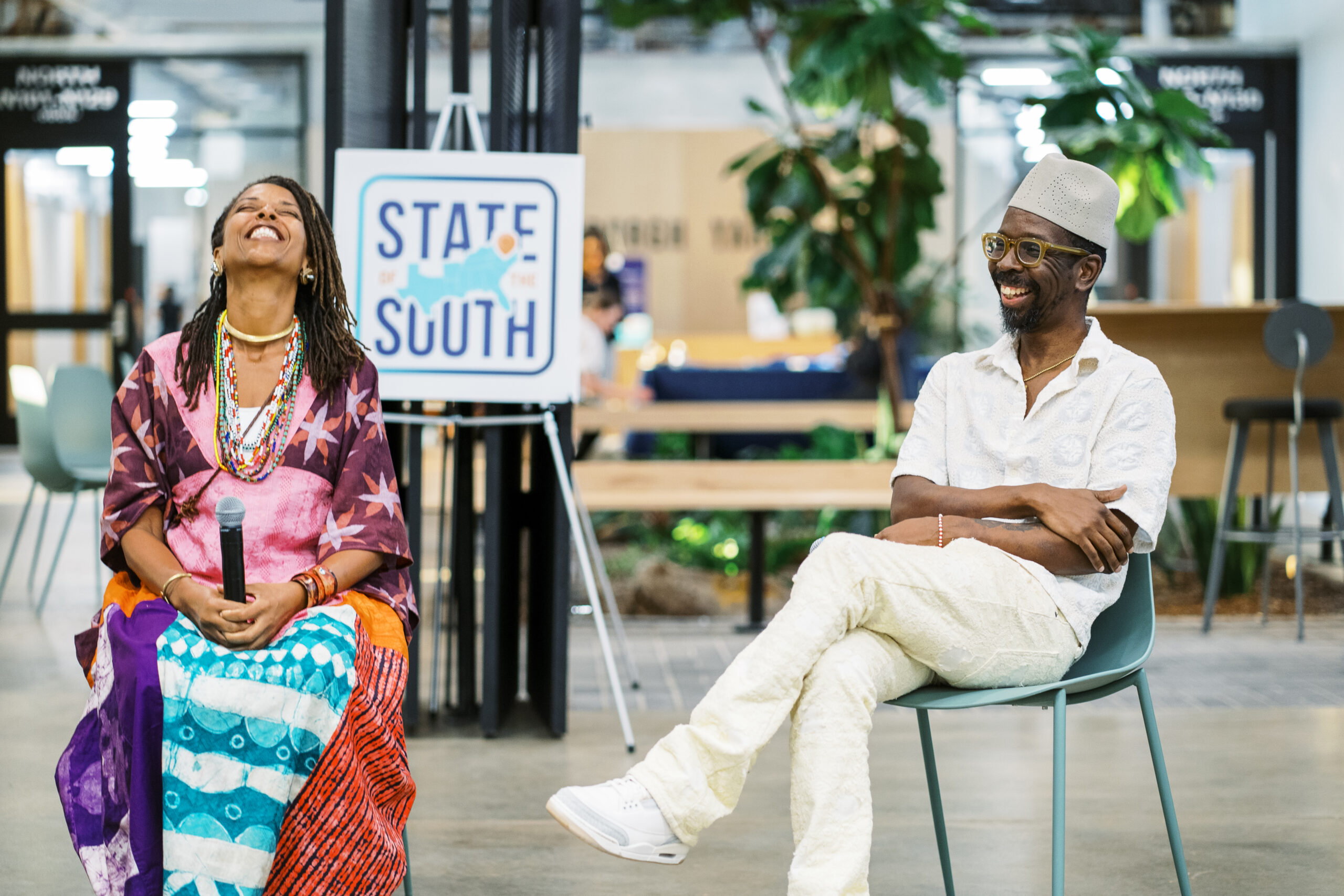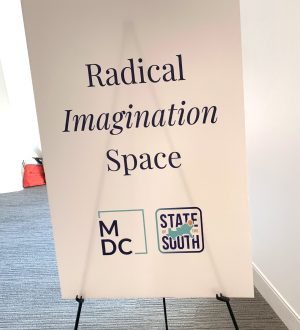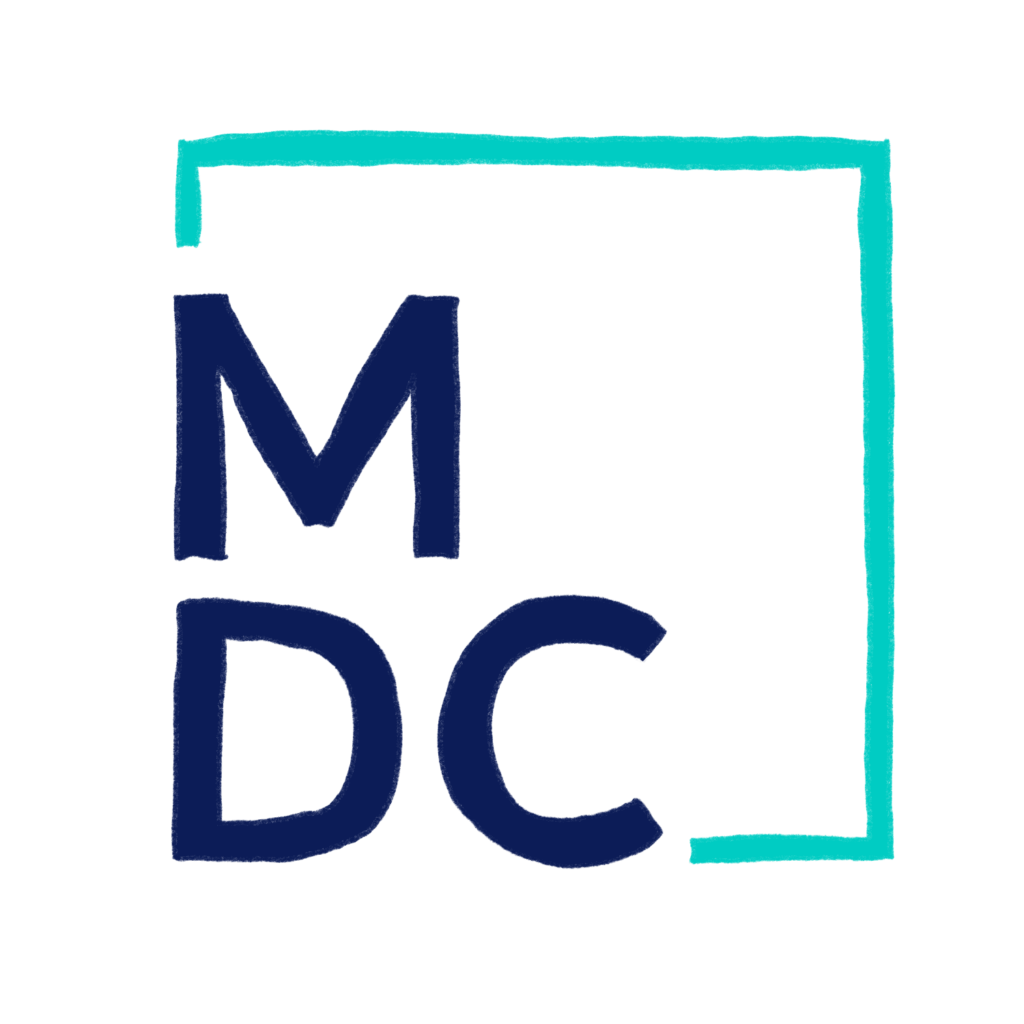By Karim Baer, Director, MDC State of the South , 2022-2024
In summer 2022, MDC engaged a team of staff and partners to redesign our State of the South™ report into a series of community-driven convenings in Durham, N.C., Charleston, S.C., and Berea, Ky. We asked ourselves: What would our communities look and feel like if equity were a shared Southern value, much like hospitality? We talked about the sense of safety that each person would feel, especially people of color who described the weight of constant vigilance. We spoke about an ease that comes from financial security and the comfort of knowing that everyone’s needs are met within the community. All our answers pointed to a sense of care and shared prosperity that would be felt throughout all our communities.
We know that achieving this vision for collective well-being won’t be easy. It will take targeted interventions to remedy the vast racial and economic inequities stemming from harmful policies and long-standing disinvestment rooted in racism. We cannot assume equity will be an outcome but instead must intentionally design systems to produce the equitable outcomes we wish to see.
With this frame in mind, we turned our attention to understanding the social and economic issues Southern communities are grappling with today. While there were issues unique to each community we partnered with, there were also common themes. Issues such as housing, wages and quality jobs, predatory lending, and healthcare access came up repeatedly. Our friends in rural communities often cited the need for better infrastructure and equitable responses to climate disasters that are becoming ever more frequent and severe. In urban communities, we heard the story of gentrification again and again, sometimes with unique industry drivers but often yielding the same result. As cities invest in economic development strategies to attract new jobs, lower income community members, disproportionately people of color, are priced out by the rising cost of living.
We heard the story so often that it began to feel like a new take on “trickle-down economics”—cities are simply moving poor people around rather than stimulating economic activity that benefits everyone. We also heard how the U.S. has one of the highest incarceration rates in the world and how several Southern states surpass our already excessive national average. What if, as one partner suggested, we invested in “communities of care” instead of “communities of control” and redirected the millions of dollars spent on incarceration to strategies that support community health and wealth?
In the first year of State of the South, we encouraged communities to use “radical imagination” to envision policies that would create more equitable communities. Discussions centered on economic development, incarceration, housing, and wide-ranging policies and investments that could support the vision of the South we all dreamed of. Conversations were fruitful, meaningful connections were made, and participants left inspired by the wisdom and talent that was shared.
Still, something was missing. Local partners responded to early convenings with, “But what can we do? We need something to take back from these gatherings.” These were complex, systemic problems. We didn’t want to create the “reduce, reuse, recycle” approach to diversity, equity, and inclusion where the onus of systems change is disproportionately placed on individuals versus on flawed policies. Systemic problems require systemic solutions, and a lot of great work has already been done to imagine, design, and propose more equitable policies. We felt that the focus for State of the South should shift from envisioning better policies to finding ways to realize the many policies we already know will increase equity.
In our second year of convenings, we shifted conversations to how local leaders and communities can advocate for equity-centered policy at city, county, and state levels of government. We asked: Who needs to be at the table? How can we broaden coalitions to find aligned and unlikely allies? How do we persuade or drown out opposition? Community members continued to inform the issues discussed at convenings, but the focus shifted.
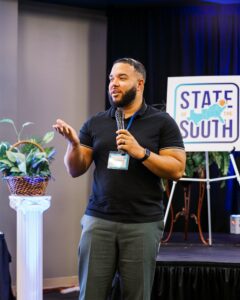
We invited local leaders to facilitate conversations about what it will take to realize specific policy interventions. Sometimes the policies were big and bold–well-known even–like Baby Bonds and guaranteed income, as we discussed in Atlanta. Sometimes the policies were more nuanced, like inclusionary zoning to increase affordable housing or special tax rate assessments for land trust homeowners, as we talked about in Charleston. In Birmingham, local advocates demonstrated how Medicaid expansion would provide thousands of Alabamians critical access to health care, if only the governor would sign it into law.
A 2023 report by the Independent Sector cited a major decrease in legislative advocacy by nonprofits. Only 31 percent of all nonprofits—and just 36 percent of nonprofits with diversity, equity, and inclusion statements—engage in policy advocacy or lobbying. It was an eye opener that more of us need to be at the table. In response, we invited community advocates in Charleston and Atlanta to facilitate workshops to build awareness that nonprofits can, indeed, engage in advocacy and lobbying and how to do it well. To achieve transformative systems change, we must be able to bridge the work of community coalitions to city councils, school boards, state legislatures, and any other local government body that significantly impacts people’s lives.
Over the past two years, I was consistently moved and humbled by the people I met advocating for policies designed with equity at the heart. The South has the talent, wisdom, and fortitude to eliminate systemic inequities and create shared prosperity. While the task ahead is monumental, I remain inspired by the countless community leaders who examine systems critically, advocate unapologetically, and work tirelessly to realize a better South.
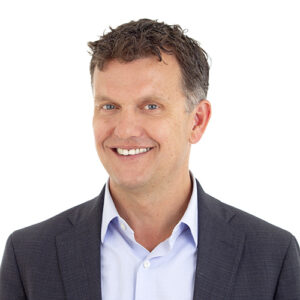
Karim Baer served as the Director of MDC’s State of the South Program from 2022-2024. As Director, he designed convenings to identify equitable policies and philanthropic interventions to address economic insecurity and poverty in Southern communities. In November 2024, Karim joined The Hunt Institute as the Deputy Director of National Programs. He has served in a variety of programmatic and executive leadership roles for universities and arts institutions in the SF Bay Area. Karim holds a Master’s in Public Affairs from the Goldman School of Public Policy at the University of California-Berkeley.
Banner image: State of the South: Atlanta, 2024. Credit: Zheng Chia.

